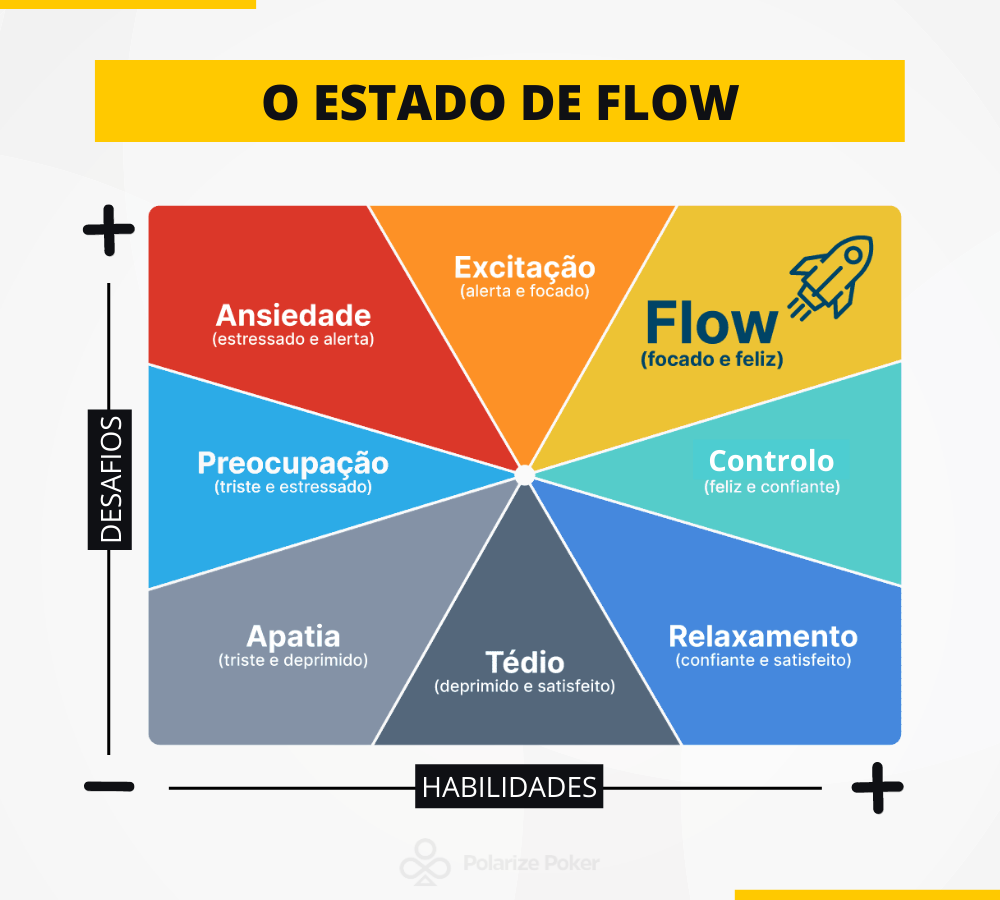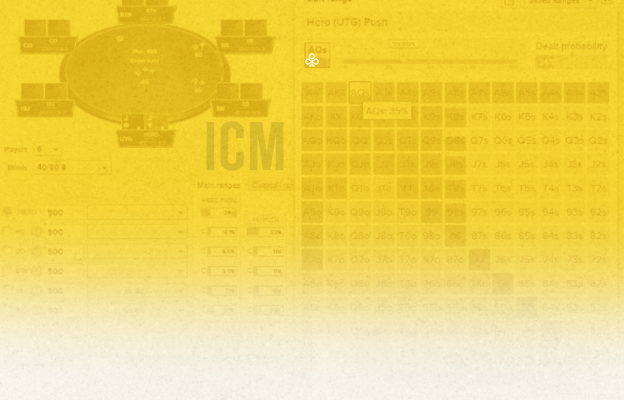In the competitive world of professional poker, mental resilience is a crucial tool for dealing with the challenges and adversities that arise at the table. In this article, we'll explore effective strategies for cultivating and strengthening mental resilience of poker players.
Emotional Management Techniques para resiliência mental
In poker, emotions can be both allies and enemies. Discover effective emotional management techniques is fundamental to long-term success. This includes practicing self-awareness to recognize when negative emotions are arising and developing strategies to deal with them constructively.
For example, players can learn to take a deep breath and pause before making an important decision, or use the cognitive restructuring technique to turn negative thoughts into positive ones. By mastering these skills, players can turn frustration, anxiety and anger into a competitive advantage.
Lidar com bad beats
In poker, losses and reversals are inevitable. It's crucial learn to deal with these obstacles in a constructive way. This involves maintaining a positive and resilient mindset, even in the face of adversity. Players can use each defeat as a learning opportunity, analyzing what they could have done differently and applying those lessons in the future. In addition, it's important not to be overwhelmed by a series of negative results, but rather to stay focused on the long term and keep moving forward with determination.
Maintaining Focus and Concentration
In the highly competitive environment of poker, maintaining focus and concentration is essential for success. There are various techniques that players can use to improve their ability to concentrate during long poker sessions. Mindfulness, for example, can help players stay present in the moment, reducing distraction and improving focus.
Moreover, the visualization is a powerful technique that players can use to mentally prepare themselves for specific game situations, such as a crucial hand or a final table. By incorporating these techniques into their training routine, players can develop greater mental toughness and improve their performance at the tables.
Relaxation Techniques
Many practitioners develop their own self-control strategies. The most common of these strategies is relaxation. There are two reasons for its importance:
- All athletes experience at least some anxiety during competition, but it is the ability to control it and use it to one's advantage that distinguishes the best.
- When you perform exceptionally well, in flow, the athletes refer to feeling of relaxation.

Construir Resiliência Mental
Developing a resilient mindset is essential for poker players to face the challenges that arise throughout their careers. This involves cultivating a positive attitude, believing in yourself and persisting even in the face of adversity.
Players can draw inspiration from examples of success, learn from their own experiences and seek support from peers, coaches and professionals to strengthen their resilient mindset. By taking a proactive approach to developing mental resilience, players can prepare themselves to face any obstacle that comes their way.
Investing in mental resilience is essential for poker players who want to achieve consistent success at the tables. With the right strategies, you can cultivate a strong mind prepared to face any adversity. To developing emotional management skills, adaptability, concentration and a resilient mindset, players can maximize their potential and achieve lasting results in professional poker.




Comments